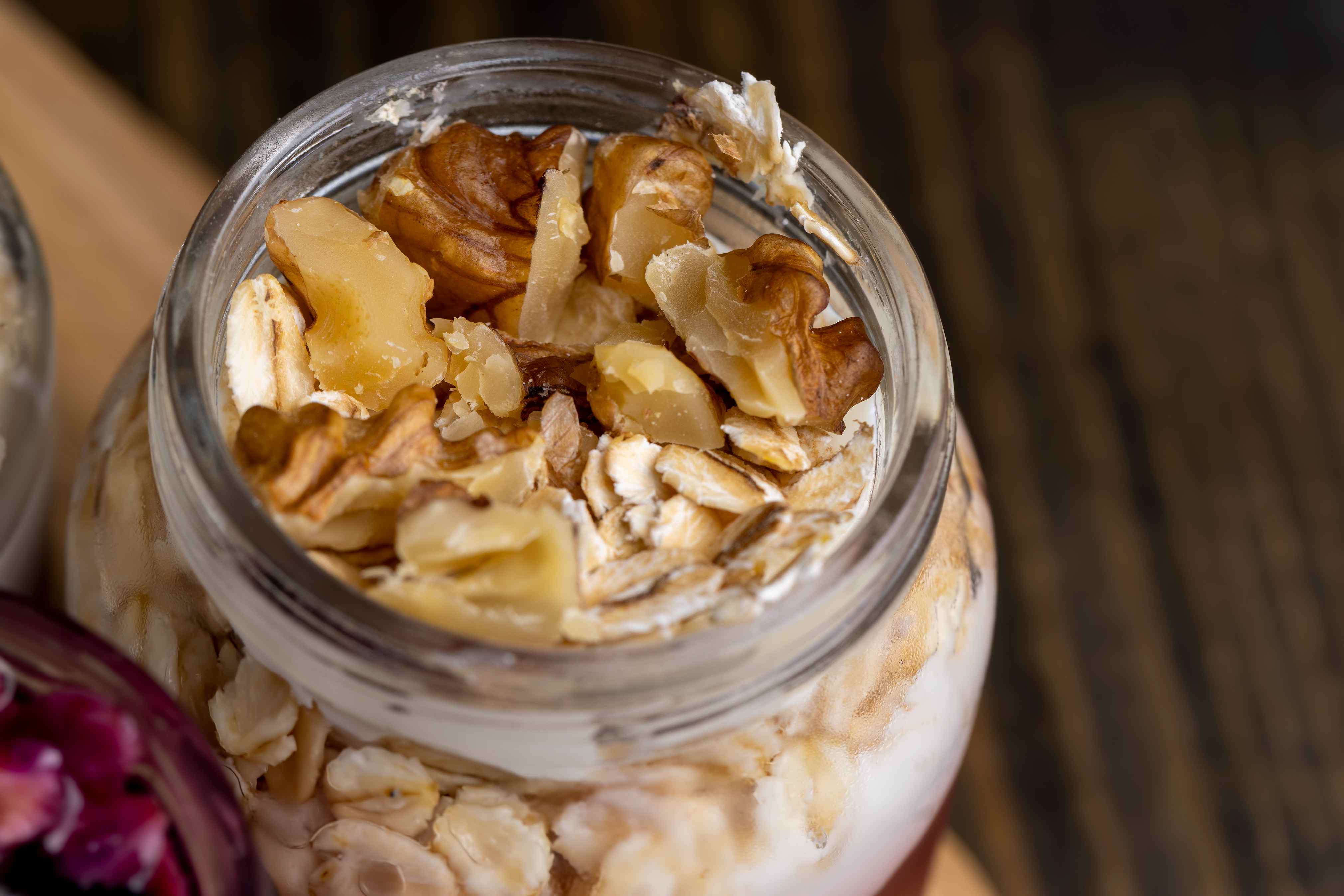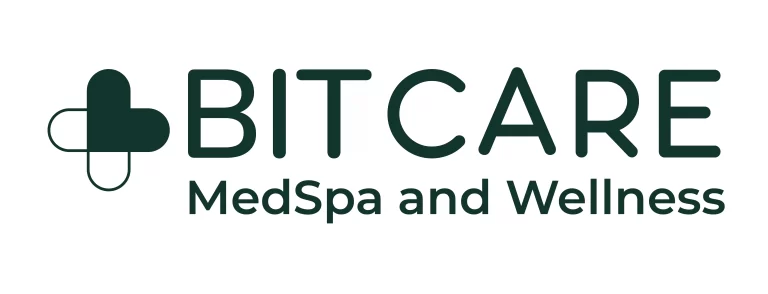
Non-dairy foods that are high in calcium
Calcium is not only the richest mineral in the body but also very essential for your health. Calcium forms healthy bones and teeth and makes sure your muscles, cells, and nerves work properly. For most adults, a minimum of 1,000 mg of calcium per day is recommended, but some groups need higher amounts, including adolescents, and postmenopausal women. If you are lactose intolerant or need to limit milk, many foods can provide you with the calcium you need. Milk, cheese, and yogurt are the perfect sources of calcium, but many non-dairy foods are also abundant in minerals.
Here are some non-dairy foods that are high in calcium:
Almonds
Almonds are high in calcium. Almonds also produce 3.5 grams of fiber as well as healthy fats and protein. Almonds are high in monounsaturated fat, so eating almonds as part of a healthy diet may help you maintain healthy cholesterol levels by reducing your risk of heart disease. They also reduce appetite and promote weight loss. In addition, they’re the best source of magnesium, manganese, and vitamin E.
Dried figs
Figs are rich in fiber and antioxidants. Figs are not only nutritious but also contain high-level sugar. About eight figs, or 1 cup, provide 241 mg of reliable calcium. Additionally, figs provide good amounts of potassium and vitamin K, two micronutrients essential for bone health. They promote healthy digestion, reduce your risk of heart disease, and help you manage your blood sugar levels.
Sardines and canned salmon
They are the best source of calcium due to their soft, edible bones. These oily fish also produce high-level quality protein and omega-3 fatty acids. Omega-3 fatty acids in this fish work to protect the cardiovascular system. It will stabilize heart rhythms, lower fat in your blood, and keep arteries unclogged. Seafood may contain mercury, with smaller fish such as sardines having lower levels. Additionally, both sardines and salmon contain high levels of selenium, which can prevent and reverse mercury poisoning.
Seeds
Seeds are small nutritional powerhouses, and many are high in calcium, including poppy seeds, sesame seeds, Sunflower seeds, celery, and chia seeds. Seeds also provide protein and healthy fats.
- Chia seeds: Chia seeds also contain boron, a reliable source of calcium, which promotes bone and muscle health by helping the body metabolize phosphorus and magnesium. Chia seeds are best in plant-based omega-3 fatty acids.
- Sunflower seeds: Sunflower seeds contain 109 mg of a reliable source of calcium, vitamin E, and copper. These seeds are also rich in magnesium, which evaluates the reaction of calcium in the body and controls nerve and muscle health. Sunflower seeds contain high amounts of salt, which lowers calcium levels in the body. For best health benefits, choose raw, unsalted seeds
- Sesame seeds: Sesame seeds also contain zinc and copper, and both are good for bone health. A study suggests that supplementing with sesame seeds may help relieve some symptoms of knee osteoarthritis.
Tofu and Edamame
- Tofu is an excellent source of calcium. Tofu also contains 20 grams of protein. Calcium content varies depending on consistency and brand and ranges from 275–861 mg per half-cup. To get the benefits of calcium, choose only tofu that contains the calcium salt used by the manufacturer to coagulate.
- Edamame beans are young soybeans that are often sold in pods. It’s a good source of protein and provides your daily amount of folate in one serving. Edamame, available fresh or frozen and shelled or in pods, contains high-quality protein and all nine essential amino acids.
Leafy greens
Leafy green vegetables are very healthy, and many of them are high in calcium, including collard greens, spinach, and kale.
- Kale: Kale belongs to the family of cruciferous vegetables, which includes broccoli. The leafy green is packed with antioxidants that may prevent or delay cell damage. Just 2 cups of raw, chopped kale produce about 180 mg of calcium.
- Collard greens: Collard greens are loose leafy greens. Raw collard greens contain a reliable 84 mg of calcium per cup and are rich in other vitamins and minerals.
- Spinach: Spinach is high in oxalates, which are normally occurring compounds that bind to calcium and impair its absorption. While spinach is rich in calcium, other calcium-rich greens that are low in oxalates, such as kale and collard greens, are not absorbed.
- Broccoli: Broccoli is a great source of vitamins K and C and also produces potassium and fiber. This green veggie is known for its high calcium content. It will help prevent bladder, breast, colon, liver, and stomach cancers.


